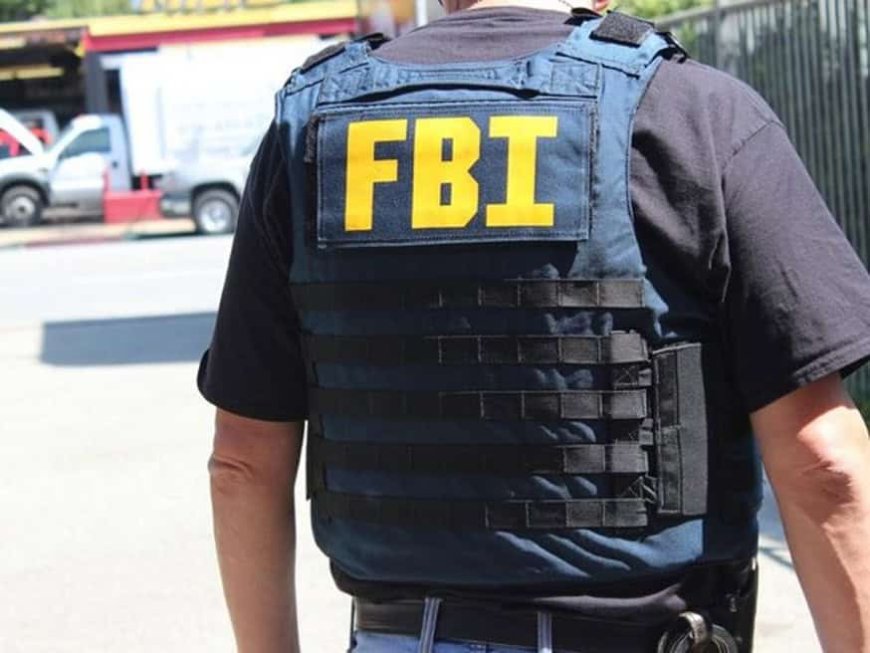Weaponizing Justice? FBI Joins Hunt for Runaway Texas Legislators Amid Gerrymandering Clash
Over 30 Texas Democratic legislators fled to block a gerrymandering bill. The FBI’s involvement sparks debate over federal law enforcement and political disputes.

Published: August 15, 2025
A dramatic political showdown in Texas has escalated into a national debate over the role of federal law enforcement in domestic politics. More than 30 Democratic members of the Texas House of Representatives fled the state to prevent the passage of a contentious gerrymandering bill. Reports indicate that the FBI is assisting Texas authorities in locating the legislators, fueling allegations that federal resources are being politicized.
The Flight from Austin
The standoff began in mid-July 2025, when Texas Democrats, citing concerns over the partisan redistricting plan, left the state to deny the Republican-led legislature a quorum. Their absence effectively halted the vote on the gerrymandering bill, sparking intense debate over legislative tactics and democratic norms.
Governor Greg Abbott responded by authorizing law enforcement to compel the legislators’ return, escalating tensions further. While the Texas Rangers traditionally handle such matters, reports now suggest that the FBI has been asked to assist in locating lawmakers who have crossed state lines, raising questions about federal involvement in state legislative disputes.
Legal and Constitutional Implications
Experts warn that the situation sits at a fraught intersection of constitutional law, legislative authority, and federal power. Texas law allows absent legislators to be compelled to return under threat of arrest by state authorities. However, the potential involvement of a federal agency has drawn scrutiny from legal scholars and civil liberties advocates.
“Using federal resources in a purely partisan dispute could set a dangerous precedent,” says Professor Elaine Harper, a constitutional law expert at the University of Texas. “It raises questions about whether law enforcement is being leveraged to achieve political objectives rather than uphold the law impartially.”
Lawmakers and advocacy groups on both sides of the aisle have weighed in. Democratic legislators argue that fleeing the state was a legitimate political tactic to protect voting rights and ensure fair representation. Republican leaders counter that their absence obstructs legislative duties and undermines the democratic process.
National Attention and Political Fallout
The controversy has drawn national attention, with media outlets and think tanks analyzing the potential consequences. Some Democrats have compared the situation to historical instances of legislative protest, while others warn that the use of federal authority in this context could erode public trust in institutions meant to remain apolitical.
Meanwhile, Republican lawmakers maintain that the gerrymandering bill is critical to state governance and argue that federal assistance merely supports enforcement of existing laws. The escalating rhetoric on social media and in political circles underscores the deeply polarized nature of the debate.
Public Opinion and Broader Consequences
Polls conducted in late July 2025 suggest that the public remains divided. Many Texans support the Democrats’ tactics as a form of protest against unfair redistricting, while others see the flight as a disruption of state governance. Analysts note that the standoff may influence upcoming elections, shaping both voter turnout and campaign narratives.
Political commentators also warn that federal involvement in state legislative disputes could set precedents beyond Texas, potentially affecting how contentious bills are enforced in other states. Observers stress the importance of balancing law enforcement authority with respect for democratic norms.
Looking Ahead
As the standoff continues, both sides are seeking political and legal remedies. The FBI’s role, whether limited or expanded, will likely remain a focal point in public discourse and legal scrutiny. Meanwhile, the Texas legislature is under pressure to resolve the impasse while maintaining public confidence in both state and federal institutions.
The situation exemplifies the intersection of law, politics, and civil liberties in modern America, highlighting how emerging crises test the boundaries of federal and state authority.








